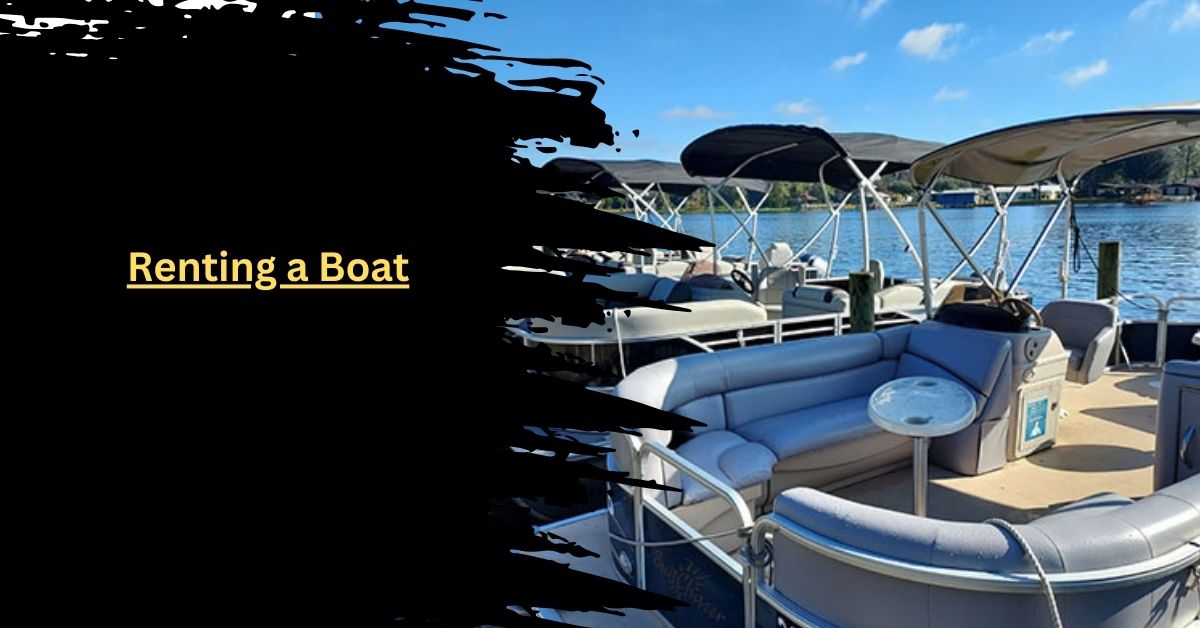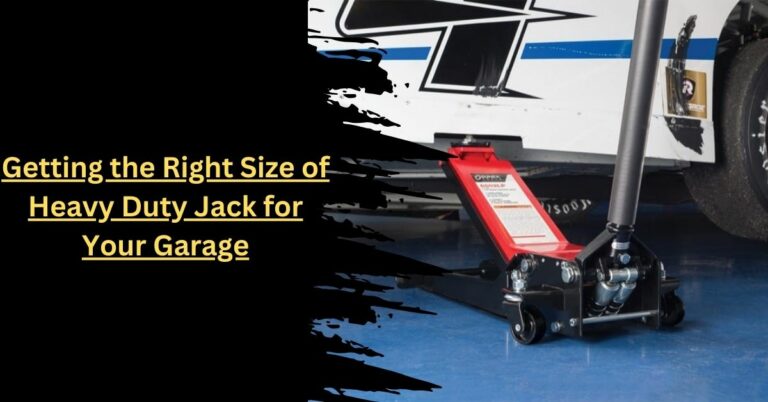Everything You Should Know about Renting a Boat
It’s a great season to be outdoors, and being near the water is where you want to stay. Exploring the sea, for swimming, fishing, or having fun may be the ideal place this summer and you will want to enjoy it all by getting yourself and your friends or family on a boat. But what if you don’t have your boat? No worries! You can rent a boat, but you must look at important things first.
This article provides the essential tips to help you rent a boat for this summer adventure. Read on and let the fun begin!
Evaluate Boat Rental Companies
Use a reputable boat rental company if struggling to maneuver the numerous options available. Such firms bring experienced professionals who can assist you in making the right choice. Testimonials from previous clients provide valuable insights into the rental experience. A reputable firm prioritizes customer satisfaction to maintain standing in the industry.
Before you rent a boat Tenerife, research how the company has managed boat rentals in the past. You can talk to other customers and ask any pertinent questions. Utilize online resources such as independent review websites for unbiased ratings.
Check Boat Type
Evaluate the available boat types to find one that suits your needs. The numerous options can be overwhelming, so focus on your specific requirements. For example, if planning a fishing trip, explore different types of fishing boats.
Choose a boat type you feel confident operating, as water conditions can be unpredictable. Consider obtaining training and licensing if you want to upgrade to a more complex vessel.
Understand Local Laws
Understanding local laws related to boat rental is crucial before proceeding with your rental. While the rental company will typically cover legal requirements, it’s wise to research. One vital aspect governed by local laws is the age requirement for renting a boat, which varies from state to state.
Ensure that everyone in your group meets the eligibility criteria to operate a boat legally. Additionally, proper licensing is necessary before renting a boat.
Completing training and obtaining the required license is mandatory for operating a boat. Many boat clubs offer training to ensure boaters are confident and competent.
Understand the Rental Agreement
Ensure you understand the rental agreement before agreeing to lease a boat, similar to any other rental process. Boat rental agreements are legally binding documents. So, read and comprehend each section before signing.
Seek clarification on any unclear details, especially the fine print. One key aspect of the agreement is the liability provisions, where you assume responsibility for any damage to the vessel during your operation.
Understand the potential damages and associated costs outlined in the agreement before signing to rent a boat Tenerife. Only sign the rental agreement once you are clear about all clauses. Signing the document means you are accountable for the safety of the boat and crew during your cruise.
Consider Pricing
Consider your budget when planning a boat trip, as rental pricing will impact your total expenditure. Understand the rental pricing terms, including deposit requirements, specified in your agreement. Typically, you’ll pay a deposit before departure, with the total amount settled later. Boat rental prices vary based on several factors:
Geographical location: Rental costs are typically higher in tourist destinations compared to less frequented areas.
Boat type: Larger or luxury boats command higher rental fees than smaller or fishing boats.
Season: Prices tend to increase during peak seasons like summer due to high demand.
Membership: Boat clubs often give members discounted rental rates and other incentives.
Summary
Renting a boat can be an exciting and fulfilling endeavor, but is crucial to know it also entails specific obligations. It’s essential to thoroughly assess the vessel of interest to confirm it aligns with requirements. Additionally, familiarize yourself with all relevant safety regulations and requirements before setting out on the water.





